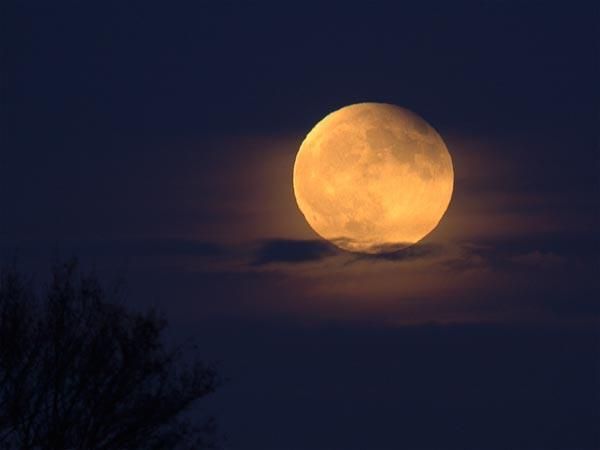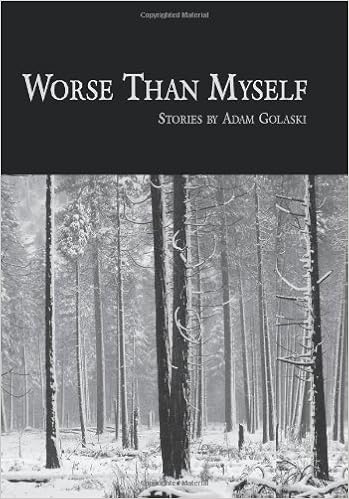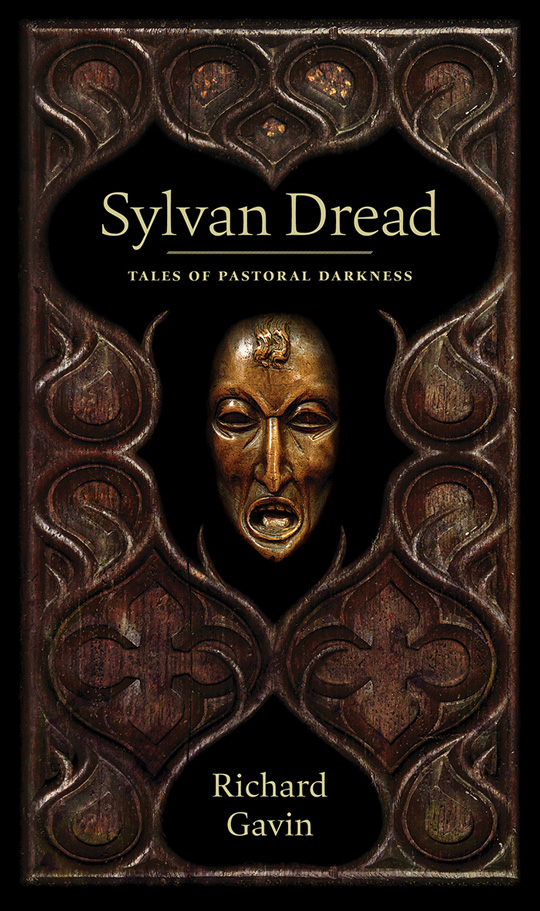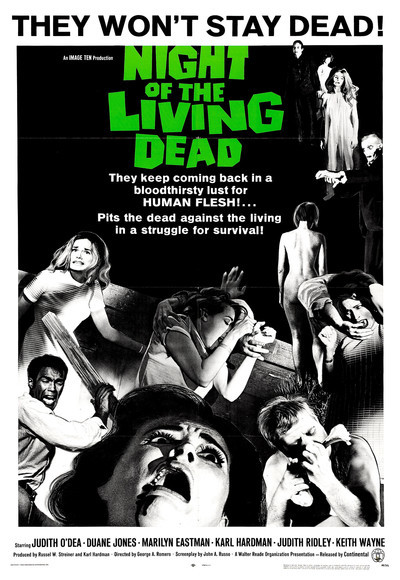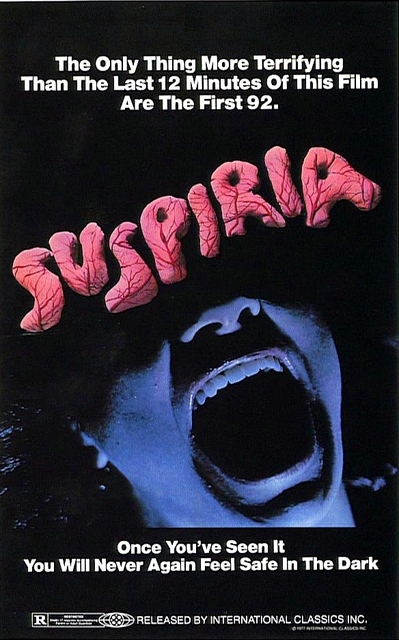Today it is my pleasure to have Richard Gavin stop by for an interview for The Plutonian! He has been writing some of the best Weird Horror in the field for years now. His newest collection is called Sylvan Dread: Tales of Pastoral Darkness, and he has also recently released a book on Dark Mysticism called The Benighted Path. I highly recommend this always interesting writer to all readers of The Plutonian.
Hello, Richard Gavin! And thanks for stopping by to chat a little bit here on The Plutonian!
It’s my pleasure, Scott. Thank you for the opportunity.
Congrats on your new collection Sylvan Dread! I really enjoyed it. Could you talk a little about how the concept of the collection came about?
Sylvan Dread was informed by two streams. The first was a subconscious inclination that led to my producing a number of Nature-based stories in a row. The second was recognizing that while certain motifs and concepts unified aspects of my previous books, I had never created a collection with an established theme. I worked closely with my editor Daniel A. Schulke to fashion a book that consisted of what I term Tales of Pastoral Darkness.
In most horror fiction there is an underlying masochistic thread in the narrative. A lot of Lovecraft’s or Ligotti’s characters seem to be searching for the dark doom or ruinous knowledge that befalls them. But in your work, it seems to me, that for the most part, the main characters are just going about their lives and inadvertently stumble into a revelation that reality is nowhere near what they thought it was. And now, to try to make sense of things, they have to look for an answer that they may not find or in fact does not exist. There is a sense of riddle and play in your stories. What is your take on this?
Ambiguity and an oneiric atmosphere are absolutely crucial elements to my fiction. While I’ve also written my share of stories involving doom-seeking protagonists, the reason why the lion’s share of my characters find themselves facing a deeper reality they did not necessarily seek has less to do with an artistic decision and more to do with my own cosmology. I believe that our planet is teeming with presences, both physical and non-corporeal. Spirits abound. There is a superb quote from Nathaniel Hawthorne’s The Marble Faun where he describes the abyss potentially being opened at any place by anyone (“A footstep, a little heavier than ordinary, will serve.”) Any of my tales that are worth anything are so because they carry with them a glimpse of this Underworld.
It is my hope that the trance-like state I experienced during the creation of a given tale can be transmitted, even slightly, to the reader. This is a form of the “Third Mind” phenomenon explored by William S. Burroughs and Bryon Gysin; that liminal sacred space that opens whenever a writer’s words and a reader’s imagination touch. I believe in the vitality of this liminal space. But in order to reach it, one must be perplexed, unnerved. Thus, the nightmarish imagery is prevalent in my work not simply to frighten a reader, but because it is indigenous to this liminal space. My aim is not to entertain you but to awaken you.
I have also been a big fan of your nonfiction work. Do you prefer to write fiction or nonfiction?
Is there a possibility of your nonfiction being collected at some point?
Fiction and non-fiction each have their own merits. I enjoy doing both equally, though their processes are quite distinct. In terms of a non-fiction collection, yes, I would like to compile my individual essays of esotericism along with some of my essays on the philosophical underpinnings of Horror for a future book. But when this might materialize is anyone’s guess at this point.
One of the things I have noticed being a horror fan is the difference between the casual and the obsessive fan. The casual fan seems to find outrageous gore and roller coaster thrills to be the pleasure of horror. While the obsessive horror fan seems to seek both a dark beauty and a deeper insight into reality. What pleasures do you find in horror? Why is horror important to you?
I agree with your assessment. As an admitted obsessive, Horror is important to me because it is almost combative toward our preconceptions about life, death, and the universe. Transgression is art’s raison d'être. Art exists as a means by which we can violate our own perceptions of reality, can shock ourselves into a new way of perceiving. Art presents something --- an idea, an image --- that terrifies and liberates us with its Otherness, its stubborn refusal to slip neatly into our preconceptions of how the world is. We are changed.
Therein lies Horror’s pleasure; its agitation infuses us with an awareness of being alive. This awareness permeates Horror’s aesthetics, its tropes, and its motifs. Because of this, Horror, for me at least, is an ever-replenishing well of worthy experiences.
Which stories would you pick as touchstones for influence and inspiration in the weird horror fiction field?
Well, I would never presume to create anything like a canonical list for the field entire, but some Horror stories that have long served as personal touchstones would be:
“The Spider” by Hanns Heinz Ewers
“All Hallows” by Walter de la Mare
“The Dissection” by Georg Heym
“The White People” by Arthur Machen
“The Man Whom the Trees Loved” by Algernon Blackwood
“The Human Chair” by Edogawa Rampo
“The Hound” by H.P. Lovecraft
“Apparition” by Guy de Maupassant
Any of M.R. James’s ghost stories
In my youth, I readily mixed both visionary horror and mind altering drugs in a search to dig deep into this strange thing called existence. Dropping acid while watching the film Begotten. Smoking weed and reading some Lovecraft. What do you feel about the relationship between mind altering hallucinogens and weird horror?
I think hallucinogens can certainly broaden one’s vistas, can, to borrow Huxley’s phrasing, open doors of perception. However, I also believe that their effect is limited. Once those doors have been opened, I would encourage people to seek other modes of consciousness expansion and exploration, such as art, meditation, trance states, or dance. This prevents the hallucinogen from becoming a crutch.
A number of critics and readers have described my work as “hallucinatory,” which really pleases me. While I do not use any drugs (including alcohol) myself, I have always been a prodigious dreamer and I frequently engage in praxis to induce visionary trance states and exploration of Spirit realms. The fruits of these endeavors have made their way into a number of my stories.
In their interest and exploration of our secret inner lives and the taboo, horror and transgressive erotica have similar goals. But sex and the erotically perverse seem to rarely interact with horror. And the mind reels at the possibility of such a weaving of genres. What if Thomas Ligotti tried his hand at some fetish stories? What if de Sade wrote an alien invasion story? What are your views on horror and the perverse?
You’ve made some really insightful comments here, Scott. I suspect that the seeming reluctance of many Horror authors to explore the erotic is connected to Horror’s priggish disdain for the body, particularly the female body. We see the opposite side of this coin in Horror’s gleeful willingness to maim, mutilate and destroy the body (again, particularly the female body). Horror, for all its grue and supernaturalism, can be stiflingly conservative. There are a number of writers and readers who squirm at scenes of frank carnality and yet seem to have no issue whatever with torture and mayhem. The reason for this is simply that for many people the flesh is negative. The sanctimonious view it as unclean (again, particularly in relation to the female body), the transcendentalist/nihilists perceive it as a trap or a punishment, et cetera.
My own work stands in stark contrast to this view. As one who resounds with the Biocentric worldview, I regard all physicality as the expression of the soul of Pandaemonic Reality, just as the soul is the esoteric meaning of the body.
Transgressive and erotic writers are of tremendous importance to me. Bataille, Sade, Von Sacher-Masoch, Mirbeau, Nin; these authors are as influential on my work as any Horror author one might name.
As far as the weaving of genres goes, I tend to favour writers who channel an obsessive personal vision, something that is uniquely their interpretation of the universe, rather than skillful raconteurs who skim across categorical fiction.
If you could pick one film director throughout history to adapt one of your stories to film, who would your pick be and why?
A very interesting question! Truthfully, I’d never given much thought as to how my tales would translate into film simply because my interests as an artist are focused on how text can be utilized to transmit depth experiences. For me, prose has never been a substitute for filmmaking, it has always been my chosen medium. I write books to be books. That being said, I am also a lifelong fan of horror movies and avant-garde cinema.
Fittingly enough, next year there will be a short film of my story “The Hag Stone” released by a new filmmaker named Malachi Cull. I’ve seen the trailer and some production stills and it is a thrill to see my words translated visually.
In terms of directors, I think E. Elias Merhige (Begotten, Shadow of the Vampire) would be the ideal candidate. I say this not only because of his incredible work, but also because of his deep comprehension of the mystical underpinnings of genuine art. I’ve been fortunate enough to become acquainted with Elias over the last year or so and have enjoyed some lively exchanges with him. He is a wellspring of ideas and numinous energy.
It seems of late the world could be taking a darker turn with the recent controversial elections in the US and Europe and a troubling rise in hate crimes. What is a horror writer's role in a world that may be going wrong?
I shall only speak for myself here…
If there are any laudable qualities present in my stories I believe those qualities are rooted in a startling realization that everything is alive here on this beautiful, deranged and haunted planet. Our everyday lives tend to fog this principle, to place a damper over that pyre, and this is where art can be useful. It stokes those primordial flames and enables us to see and be outside of ourselves, outside of our ego. That alone is the path to Real. Artists and audiences should bear this in mind as we proceed deeper into this, the Iron Age of the Kali Yuga.
Do you have any new projects coming up? What is next in your writing career?
It will likely be some time before I have another fiction book published, simply because I strive to make each new book better and unlike anything I’ve published previously. I want to explore new themes and sharpen my prose as much as I possibly can. That takes time, especially at this phase of my career, where I’ve already written a lot of the stories I wanted to write.
Much of 2017 will likely be dedicated to exploring, researching and writing my next book of esotericism.
